Optimal Timing for Driveway Cement Resurfacing
Determining the optimal time for driveway cement resurfacings depends on climate, temperature, and moisture conditions. Proper timing ensures effective adhesion and durability of the new surface, extending its lifespan and maintaining appearance.
Spring and early fall are optimal for driveway cement resurfacing due to moderate temperatures and lower humidity, which promote proper curing and adhesion.
Resurfacing should be performed when temperatures are consistently above 50°F (10°C) and below 85°F (29°C) to prevent issues like cracking or improper setting.
Dry weather is essential; avoid resurfacing during rain or high humidity to prevent moisture-related problems and ensure a smooth, durable finish.
Allow sufficient time for curing after resurfacing, typically at least 24-48 hours of dry weather, before heavy use or exposure to traffic.
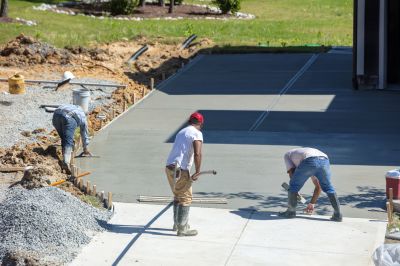
Ways to make Driveway Cement Resurfacings work in tight or awkward layouts.
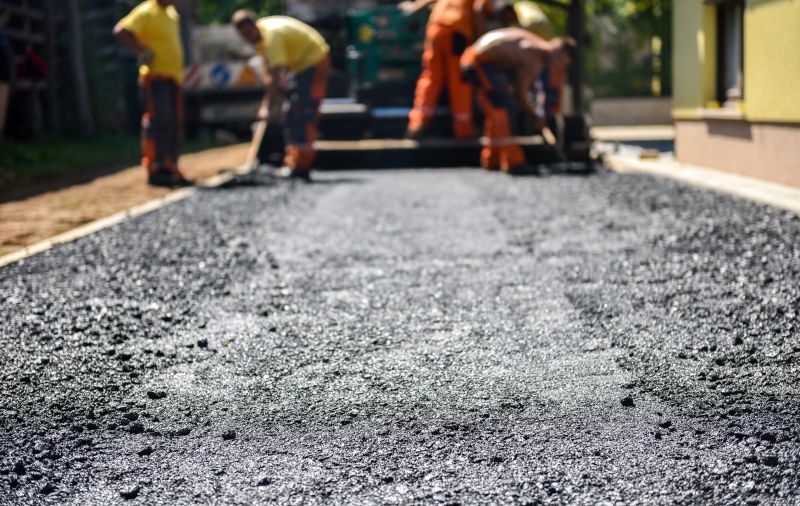
Popular materials for Driveway Cement Resurfacings and why they hold up over time.
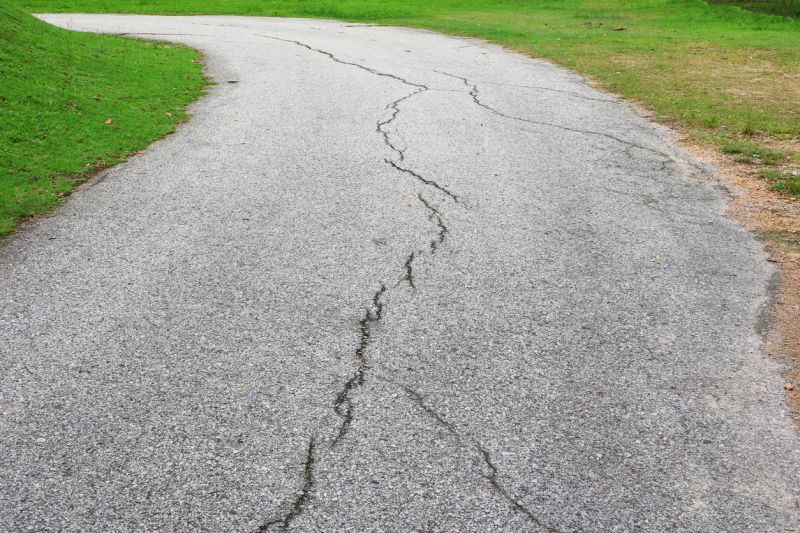
Simple add-ons that improve Driveway Cement Resurfacings without blowing the budget.

High-end options that actually feel worth it for Driveway Cement Resurfacings.
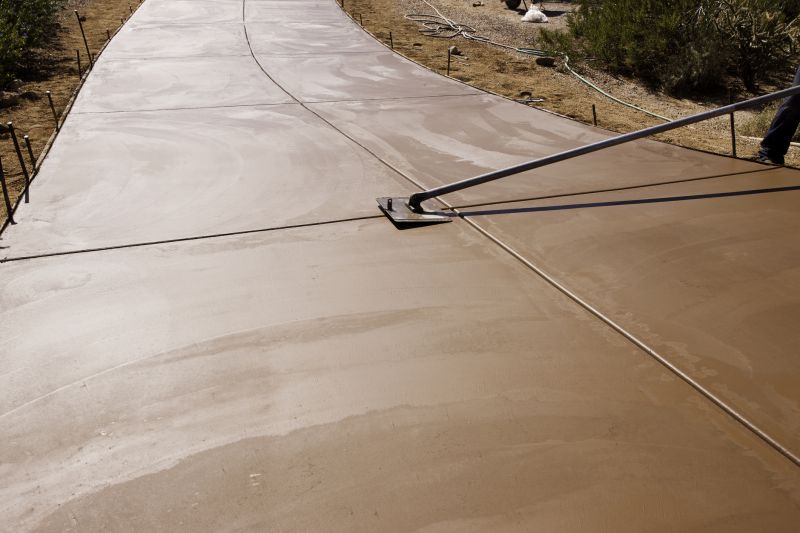
Finishes and colors that play nicely with Driveway Cement Resurfacings.
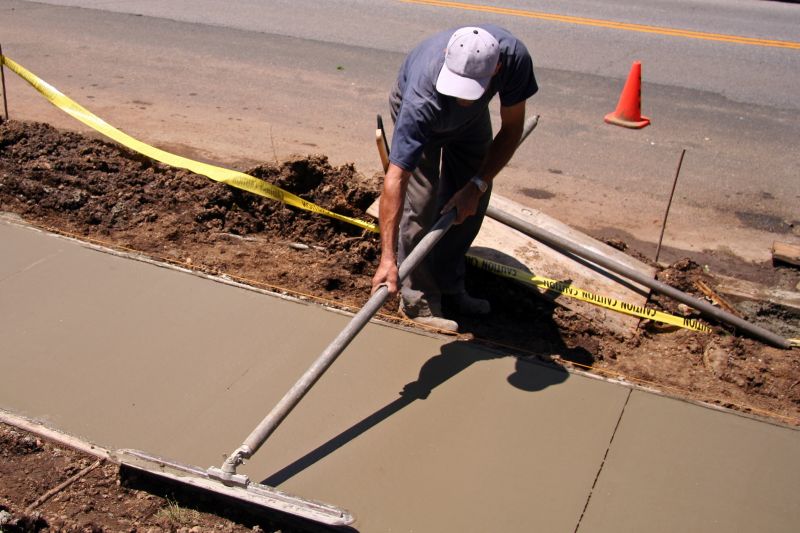
Little measurements that prevent headaches on Driveway Cement Resurfacings day.
| Season | Recommended Conditions |
|---|---|
| Spring | Moderate temperatures, low humidity, dry weather |
| Summer | Warm temperatures above 50°F, avoid peak heat hours |
| Fall | Cooler temperatures, dry conditions, mild humidity |
| Winter | Not recommended due to freezing temperatures and moisture |
Driveway cement resurfacings involve applying a new layer of cement or overlay to restore the surface's appearance and structural integrity. Proper timing ensures optimal adhesion and minimizes the risk of cracking or damage. Statistics show that resurfacing can extend the lifespan of a driveway by several years when performed under suitable conditions, reducing long-term repair costs and maintaining property value.
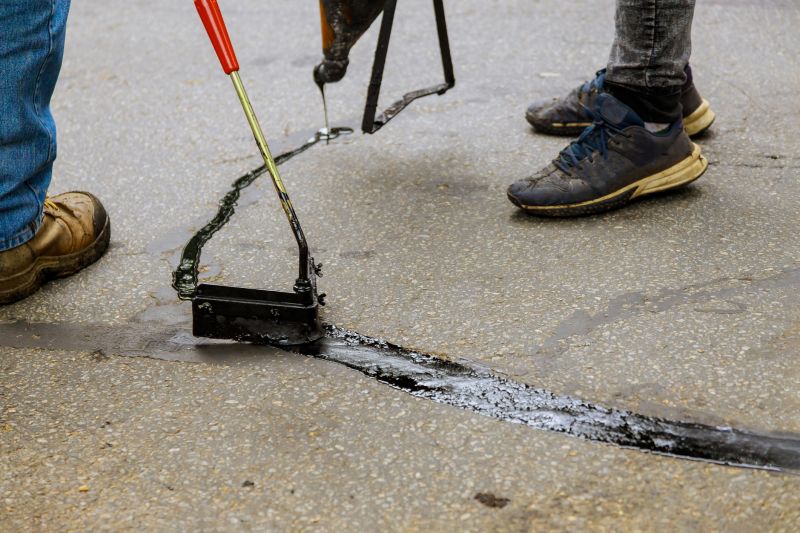
A 60-second routine that keeps Driveway Cement Resurfacings looking new.

A frequent mistake in Driveway Cement Resurfacings and how to dodge it.
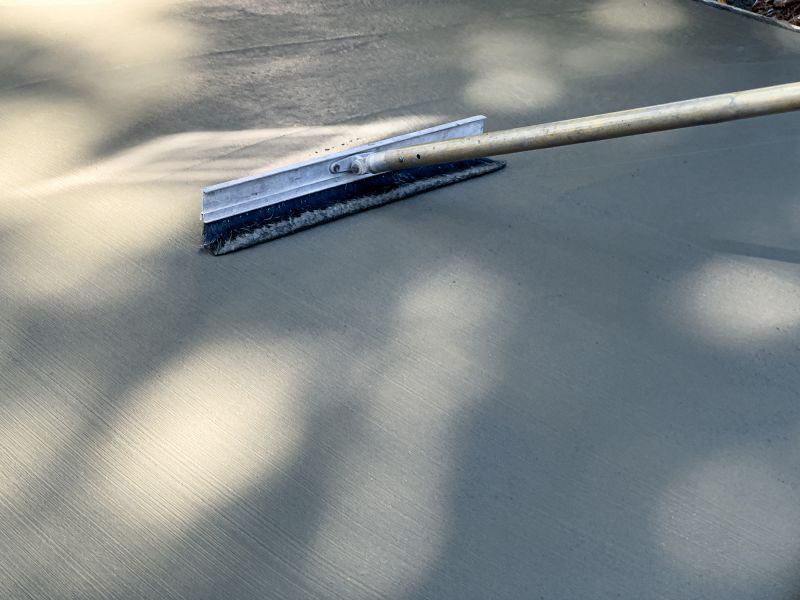
Small tweaks to make Driveway Cement Resurfacings safer and easier to use.

Lower-waste or water-saving choices for Driveway Cement Resurfacings.
Interested in driveway cement resurfacing? Filling out the contact form can provide more information and help schedule a consultation to determine the best timing for specific needs and local conditions.
